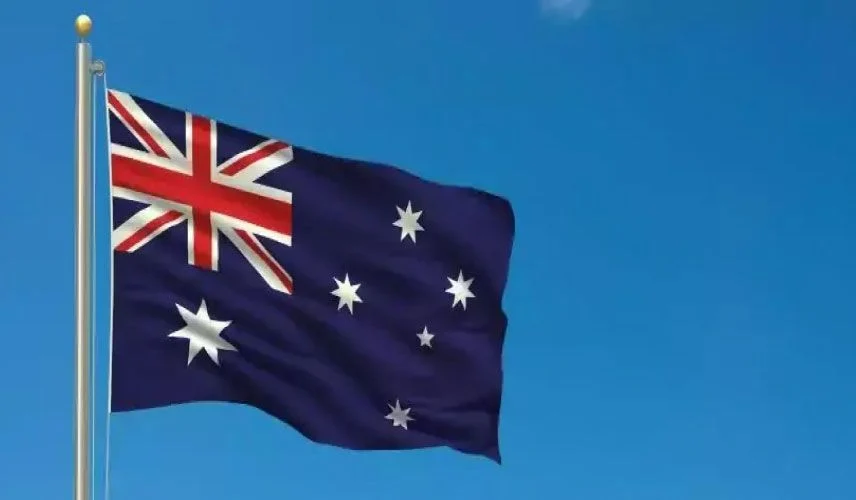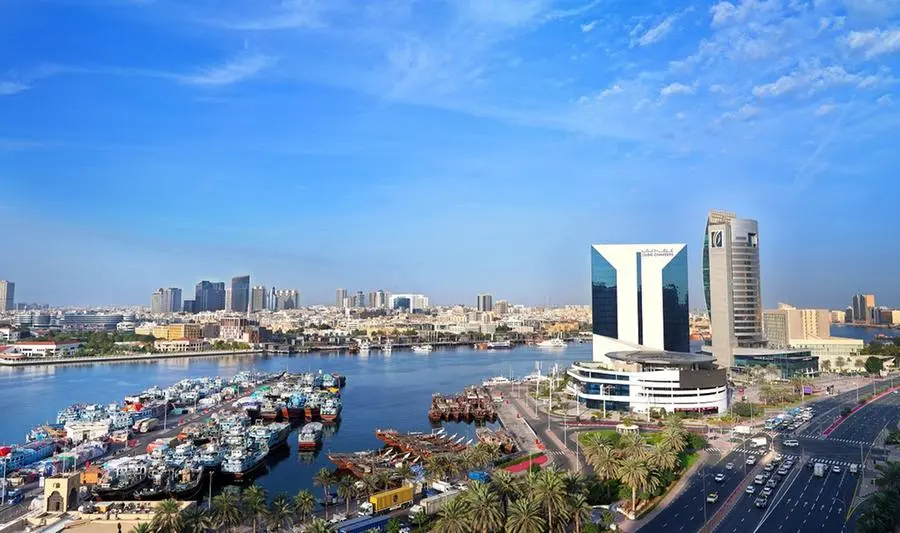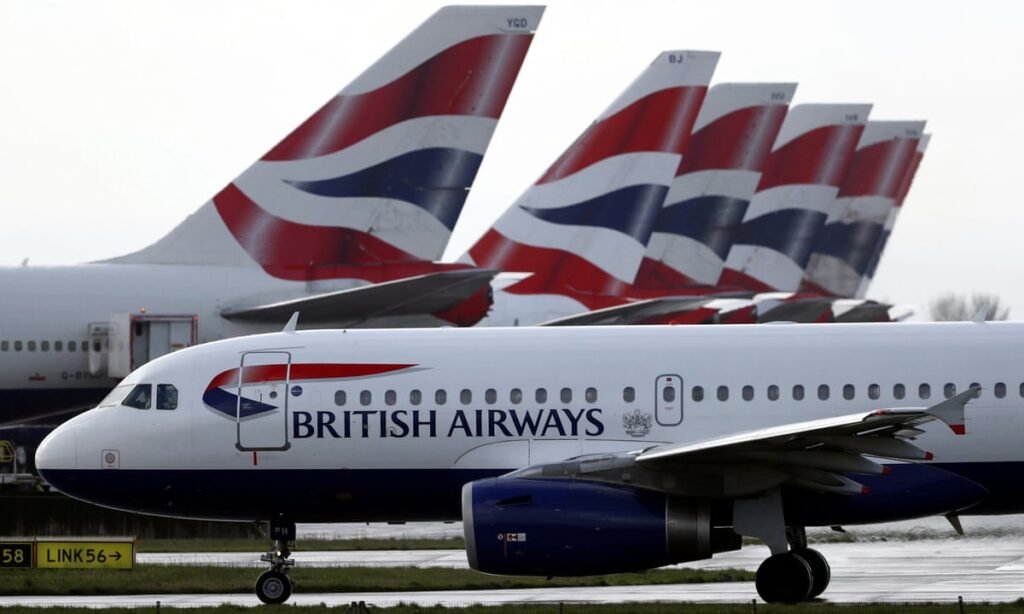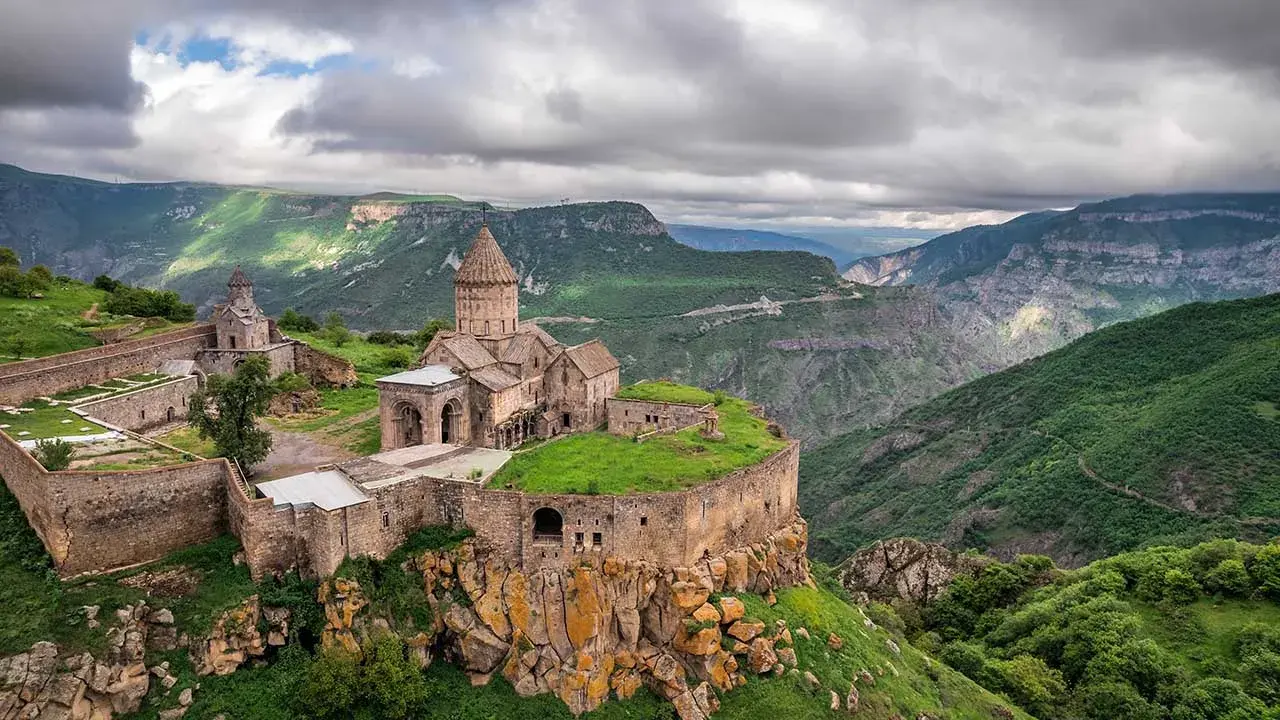Last October, in the city of Mississauga in Ontario, the police broke up a fight in which one man was injured after a crowd, carrying Indian and Khalistan flags, became unruly during a Diwali celebration.
The allegation that India was behind the assassination of a Sikh separatist leader in British Columbia has revived long-simmering tensions within Canada’s Indian diaspora, pitting staunch Hindu nationalists against supporters of the creation of an independent Sikh state called Khalistan, reported New York Times.
The report said that last October, in the city of Mississauga in Ontario, the police broke up a fight in which one man was injured after a crowd, carrying Indian and Khalistan flags, became unruly during a Diwali celebration. In March, a Punjabi radio journalist covering a protest of an Indian high commissioner’s visit to Surrey, British Columbia, was attacked by demonstrators.
These episodes underscore the challenges that Canada — home to the world’s largest Sikh population outside India — faces following Prime Minister Justin Trudeau’s claim that India was responsible for fatally shooting the Sikh leader, Hardeep Singh Nijjar, in June outside a temple in Surrey, a suburb of Vancouver.
The long-running, tense and sometimes combative relationship between extremists on both sides threatens to spill over into new violence as their members are either empowered or enraged by Trudeau’s allegation.
Ripudaman Singh Malik, 75, was shot to death in daylight by two men in their 20s whom the police later charged with first-degree murder. Malik was one of the men accused in the 1985 Air India bombing that killed 329 people aboard a flight to New Delhi from Toronto
While Canada has long said that anti-India protests by Sikhs, provided they are not violent, are constitutionally protected free speech, a senior federal government official, who spoke on the condition of anonymity to discuss sensitive information, said the country recognized that there was a need to find a way to rein in more extreme and inflammatory actions.
Sikhs make about 2.1 percent of Canada’s population, roughly 770,000 people, just over half of all people with Indian heritage in the country.
In June, a march in Brampton, Ontario, a city west of Toronto, included a parade float presented by Sikh nationalists that mocked the assassination of Indira Gandhi, who was killed in 1984 by two of her Sikh bodyguards. Speaking at a news conference several days later in New Delhi, Indian External Affairs Minister Dr S Jaishankar called attention to a video on social media that showed the parade float. “I think it’s not good for the relationship, and I think it’s not good for Canada,” he said.
Since the Nijjar killing, tensions between the two communities have intensified. In July, protesters outside the Indian Consulate General, in downtown Toronto, promoted the Khalistan cause with large signs that accused Indian diplomats of being behind Nijjar’s death.
In a statement on social media site X, Mélanie Joly, Canada’s Foreign Minister, called the posters “unacceptable” and said the country takes its duties “regarding the safety of diplomats very seriously”.
Ripudaman Singh Malik, 75, was shot to death in daylight by two men in their 20s whom the police later charged with first-degree murder. Malik was one of the men accused in the 1985 Air India bombing that killed 329 people aboard a flight to New Delhi from Toronto.
He was acquitted in 2005 in a lengthy trial that came after the deaths of many witnesses — some of whom were murdered. Other witnesses were intimidated into not testifying.
Malik’s shooting prompted Balpreet Singh Boparai, a Toronto-based lawyer for the World Sikh Organization, to approach the Canadian Security Intelligence Service, Canada’s spy agency, with his concerns about the safety of Nijjar and other Sikh activists, he said. He said he had also spoken to the local police. “I had expressed concerns generally about Indian interference in Canada, but also of Sikh activists being targeted,” said Boparai. The statement from Trudeau, he said, validated the community’s fears.
**************************************************
Readers
These are extraordinary times. All of us have to rely on high-impact, trustworthy journalism. And this is especially true of the Indian Diaspora. Members of the Indian community overseas cannot be fed with inaccurate news.
Pravasi Samwad is a venture that has no shareholders. It is the result of an impassioned initiative of a handful of Indian journalists spread around the world. We have taken the small step forward with the pledge to provide news with accuracy, free from political and commercial influence. Our aim is to keep you, our readers, informed about developments at ‘home’ and across the world that affect you.
Please help us to keep our journalism independent and free.
In these difficult times, to run a news website requires finances. While every contribution, big or small, will makes a difference, we request our readers to put us in touch with advertisers worldwide. It will be a great help.
For more information: pravasisamwad00@gmail.com











